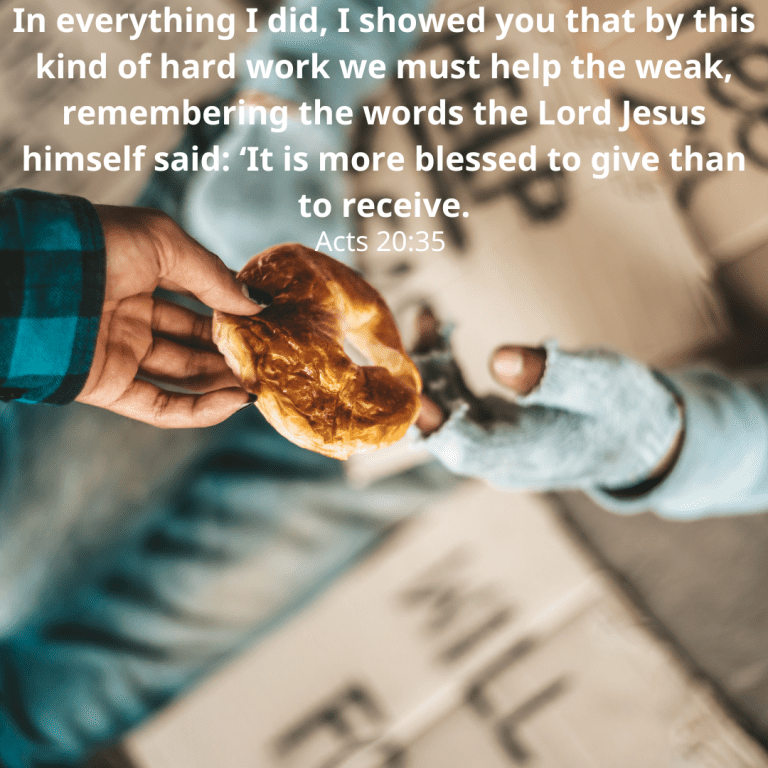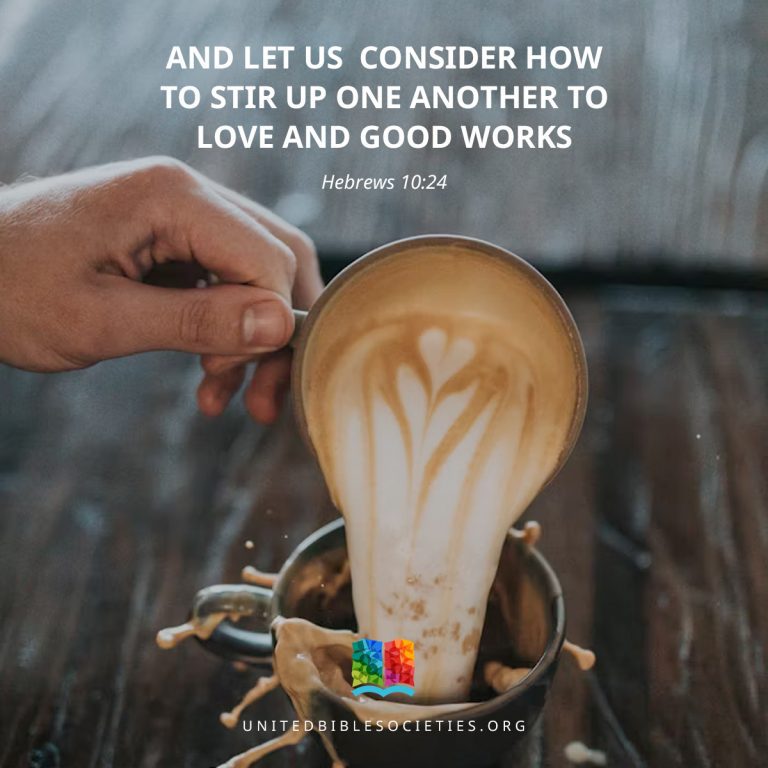aza 13
ṯireca eḏorlaci ŋikyaŋi ŋwudoŋw
1 ki lomur ṯa kla, ner nani lɔkwɔ landica Yecuŋw ŋiɽaŋal ŋeḏi kla leḏi jaliilŋw, limezi bilaaṯuz irezi ŋina lu, ŋimɔŋw lagizina ŋin ŋi ŋeḏi kwɔmne, kwumer mulḏa kweḏi karaama 2 nezi Yecu eŋnici, nuŋw zi eca ŋwu: kaka rerini gwu lizi klu ledi jaliilŋw kwɔmne ŋgwu, a lari, liṯemḏi lizi la tatap ledi jaliilŋw ŋikya ŋi a? 3 nyi kwecaŋazi ma, beri; liti lir ṯaŋwu mac, lakin ma ere orlaci ŋikyaŋi ŋwudɔŋw mac, a ṯa kiraḏa lu ŋaŋa tɔk tatap. 4 ya ŋeḏi kla lir wri-dufɔkwupa, liidi li ṯilaŋgwu tinani kezir weni ziluwaam, ṯimezi eɽenye, na ari liṯemḏi lizi la tatap ŋikya ŋi leṯinani urzaliim a? 5 nyi kwecaŋazi ma, beri; lakin ma ere orlaci ŋikyaŋi ŋwudɔŋw mac, a ṯa kiraḏa lu tɔk tatap.
kwoḏa kwete kwiti kweṯi riɽi mac
6 nuŋw zi andaci ŋu ŋiŋerɔŋwa tɔk, nuŋw zi eca ŋwu: kwor kwete kweḏi kwoḏa karṯiny-na kuŋun, nuŋw ele eḏ inḏaci ŋwoḏa ta, nuŋw zi uleca. 7 nuŋw eca kworu kweṯaŋraci karṯinya ŋwu: iza ṯi, yiḏla yimorɔ ṯɔɽɔl yeṯinyi yi ila eḏ inḏaci kwaɽi ŋgwu ŋwoḏa, enyji uleci; uɽuḏi pa kiṯay nyiḏak. kwɔḏɔ kwefricaŋa kinna kureyu-na wu cakicagi? 8 na kwor eŋnici nuŋw eca ŋwu: kweleny, efrinje ṯi kiḏleyu ŋgu ṯuɽuk. nyi kwurṯizi lubuŋi, nyi kwubablaci luuru. 9 muŋw ami riɽuŋw menyjerri ŋu ta, ŋwunani; muŋw ere riɽi mac, a ta uɽu kiṯay.
ṯizeya ṯeḏi kwaw ki lamin leni zabiṯ
10 lamin lete leni zabiṯ, lirlinelu ter, andicaŋw zi ki majma-na kwete, ilŋiiḏinaŋw zi gwu, 11 na kwaw nani kwete, kwurna aŋna-na yiḏleyu wri-dufɔkwupa, mindaŋ muŋw orɔ duŋw-na teter, nuŋw ere rilalu mac. 12 na Yecu eze, nuŋw ornuti nuŋw eca ŋwu: kwaw kwalu, eḏi kimeṯ kɔŋwa kedini. 13 nuŋw kete rii nana, nuŋw irlalu tuc, nuŋw nii Allah-na. 14 na kwijowiṯ kweḏi majma aalani ŋiɽaŋali kaka mezi gwu Yecu erru ŋwu ki lamin leni zabiṯ, nuŋw andaci lizi ŋarriny ŋarriny, nuŋw zi eca ŋwu: ŋwamin ŋwiri nyirlil ŋweḏi ŋi lizi agwu ŋɔḏɽor. ṯaŋwu, ma naŋni eḏi zawi, eṯila ki lamin la lete leḏi nyirlil, eṯere ila ki lamin leni zabiṯ mac. 15 lakin, na Kweleny eŋnici nuŋw eca ŋwu: a leṯarri ŋidiny. ma ŋwamin orɔ ŋweni zabiṯ, er ere ari lere, eḏi nyi kedu nyiḏiri nyeɽiŋga nyi ki yireny-na, nyji mulɔ, nyji iica? 16 na ŋeḏi kwaw ŋgwu, kweḏi ibrahiim-ŋa, kwukəka zeyṯaan yiḏleyu wri-dufɔkwupa, ŋiti ŋofḏana eḏi kedi ŋunduŋwu ki lamin leni zabiṯ manya? 17 muŋw zi andaci ŋu, nezi ṯurony ye kla limermiḏeḏa ŋunduŋwu nana. na lizi amina tatap kwɔmne gi kwir ŋiniṯ, kwumɔŋw erri.
ṯiŋerɔŋw ṯeḏi lola leḏi kwatta
18 nuŋw zi eca ṯa ŋwu: ŋeleny ŋeḏi Allah ŋaɽina aḏa? ŋenyji biɽḏi-na aḏa gi? 19 ŋaɽina lola lete leḏi kwatta lidirna kwor, nuŋw enjelu karṯiny-na; nuŋw allida, nuŋw duŋgwuŋgwa, mindaŋ muŋw orɔ kwaɽi kwupa, na gwu ndow leṯi dindi, omi ki ril la. 20 nuŋw zi eca ŋwu kwokwony, aḏa kwenyi biɽdi-na ŋelenyi ŋeḏi Allah? 21 ŋaɽina nyuruŋwa, nyudimizi kwaw nyulucaŋw zi ki yila-na yir lizafiya nden, mindaŋ mer ole tatap.
ogwur wumeṯi-na weḏi yi enḏi ŋimiiḏa-na
22 nuŋw zi iṯiḏila ki ṯay ki ṯay, ki yayin yupa mindaŋ yɔkwɽeny rac, eṯuŋw zi ilŋiiḏinini lilaḏuŋw zi gwu urzaliim ŋgi. 23 na kwete eca ŋwu: Kweleny, likilaw lere caw, a? nuŋw zi eca ŋwu: 24 deŋniṯiner eḏi ami enḏuŋw ogwur yi wumeṯ-na. nyi kwecaŋazi ma ŋwa, linaŋni luru eḏi yi enḏi, er uleci abarya. 25 ma kwor kweḏi duənuŋw diɽi, muŋw leŋḏa ezir, mindaŋ ma ila, ma rilli par ŋgi la, ma piici ezir, ma eca ŋwu, Kweleny, Kweleny, kiṯizenyji; ta, kwɔŋazi eca ŋwu: nyi kwende kwilŋiicaŋazi, a leḏi ṯakaŋw liri? 26 ma naŋni eḏandaci, ma eca ŋwu: a kwiri pa kweṯir li eḏne, kweṯir li ii tɔk; eṯinyjilŋiiḏini ki lumaɽa-na leri, 27 kwɔŋazi eca ŋwu: nyi kwecaŋazi ma ŋwa, nyi kwende kwilŋiicaŋazi, a leḏi ṯakaŋw liri? inḏir kiṯay tatap leṯi zi erri ŋeni ŋiki. 28 ma eze ibrahiim ŋwuzi ki ŋeleny-na ŋeḏi Allah, izhaag gi, na yaguub, liɽya li-na tatap, mer ŋazi ṯiŋaḏa kiṯay, a gwu irṯeḏi ŋwal ki, a ye yiŋaṯ-na tɔk. 29 lila leḏi ŋwudɔŋw ŋi la, leḏi yuṯu yi, leḏi januub ŋgi, zamaal ŋgi tɔk, er nanalu ki ŋeleny-na ŋeḏi Allah. 30 na kla linanu kwaḏan, er eŋne; na kla linani kereny, er aɽa kwaḏan.
ṯuweza ṯeḏi hiruuḏuz
31 ki lomur ṯa kla ner ila lɔkwɔ lir lifarzi, ner eca ŋwu: indi kiṯay, a duŋgweci ezir wu, kaka naŋna gwu hiruuḏuz eḏeɽenye ŋaŋwu. 32 nuŋw zi eca ŋwu: inḏir, andaci kwuḏluma ŋgwana, eca ŋwu: iza ṯi, kweti ma kakaṯu rigɽima riki, etuŋw zəwi lizi luma tɔk aŋwunu, na ŋurpu, na ŋurpu ŋgwana tɔk, mindaŋ ma ŋwamin orɔ ṯɔɽɔl, ŋwu zi ratazi. 33 nyi kwu ta pa irere lu aŋwunu, ŋurpu tɔk, ŋurpu ŋgwana tɔk; ŋiti kinna ŋorɔ ŋwu eḏi kwiɽi kwere kiraḏa lu par ŋgi la, kwiti kwupaḏi urzaliim kinna mac.
eyewey weḏi urzaliim!
34 aḏiru, urzaliim; aḏiru, urzaliim! a kweṯeɽenye liɽyaŋi, na eṯi zi aci yal yi kla leṯir ŋazi uziza. nyi kwumɔnaŋni beṯen eḏi razi kwelle kwɔŋwa duŋw eḏi kwuɽbeḏe lu kaka kagwurɔ keṯikwuɽbeḏa nyagwurɔŋi lu yufu yi, lakin na derne ḏut. 35 izarṯi, duənu kwalu kwumer tay lu domony, nyi kwecaŋazi ma ŋwa, ŋaŋa liti le nyi kaṯazi kwokwony mac, mindaŋ ma ari: eḏuŋw ortanni, ŋgwu kwinḏi yiriny yi yeḏi Kweleny.
Turn from Your Sins or Die
1 At that time some people were there who told Jesus about the Galileans whom Pilate had killed while they were offering sacrifices to God. 2 Jesus answered them, “Because those Galileans were killed in that way, do you think it proves that they were worse sinners than all other Galileans? 3 No indeed! And I tell you that if you do not turn from your sins, you will all die as they did. 4 What about those eighteen people in Siloam who were killed when the tower fell on them? Do you suppose this proves that they were worse than all the other people living in Jerusalem? 5 No indeed! And I tell you that if you do not turn from your sins, you will all die as they did.”
The Parable of the Unfruitful Fig Tree
6 Then Jesus told them this parable: “There was once a man who had a fig tree growing in his vineyard. He went looking for figs on it but found none. 7 So he said to his gardener, ‘Look, for three years I have been coming here looking for figs on this fig tree, and I haven't found any. Cut it down! Why should it go on using up the soil?’ 8 But the gardener answered, ‘Leave it alone, sir, just one more year; I will dig around it and put in some fertilizer. 9 Then if the tree bears figs next year, so much the better; if not, then you can have it cut down.’”
Jesus Heals a Crippled Woman on the Sabbath
10 One Sabbath Jesus was teaching in a synagogue. 11 A woman there had an evil spirit that had kept her sick for eighteen years; she was bent over and could not straighten up at all. 12 When Jesus saw her, he called out to her, “Woman, you are free from your sickness!” 13 He placed his hands on her, and at once she straightened herself up and praised God.
14 The official of the synagogue was angry that Jesus had healed on the Sabbath, so he spoke up and said to the people, “There are six days in which we should work; so come during those days and be healed, but not on the Sabbath!”
15 The Lord answered him, “You hypocrites! Any one of you would untie your ox or your donkey from the stall and take it out to give it water on the Sabbath. 16 Now here is this descendant of Abraham whom Satan has kept in bonds for eighteen years; should she not be released on the Sabbath?” 17 His answer made his enemies ashamed of themselves, while the people rejoiced over all the wonderful things that he did.
The Parable of the Mustard Seed
(Matthew 13.31Matthew 32Mark 4.30-32)18 Jesus asked, “What is the Kingdom of God like? What shall I compare it with? 19 It is like this. A man takes a mustard seed and plants it in his field. The plant grows and becomes a tree, and the birds make their nests in its branches.”
The Parable of the Yeast
(Matthew 13.33)20 Again Jesus asked, “What shall I compare the Kingdom of God with? 21 It is like this. A woman takes some yeast and mixes it with a bushel of flour until the whole batch of dough rises.”
The Narrow Door
(Matthew 7.13Matthew 14Matthew 21-23)22 Jesus went through towns and villages, teaching the people and making his way toward Jerusalem. 23 Someone asked him, “Sir, will just a few people be saved?”
Jesus answered them, 24 “Do your best to go in through the narrow door; because many people will surely try to go in but will not be able. 25 The master of the house will get up and close the door; then when you stand outside and begin to knock on the door and say, ‘Open the door for us, sir!’ he will answer you, ‘I don't know where you come from!’ 26 Then you will answer, ‘We ate and drank with you; you taught in our town!’ 27 But he will say again, ‘I don't know where you come from. Get away from me, all you wicked people!’ 28 How you will cry and gnash your teeth when you see Abraham, Isaac, and Jacob, and all the prophets in the Kingdom of God, while you are thrown out! 29 People will come from the east and the west, from the north and the south, and sit down at the feast in the Kingdom of God. 30 Then those who are now last will be first, and those who are now first will be last.”
Jesus' Love for Jerusalem
(Matthew 23.37-39)31 At that same time some Pharisees came to Jesus and said to him, “You must get out of here and go somewhere else, because Herod wants to kill you.”
32 Jesus answered them, “Go and tell that fox: ‘I am driving out demons and performing cures today and tomorrow, and on the third day I shall finish my work.’ 33 Yet I must be on my way today, tomorrow, and the next day; it is not right for a prophet to be killed anywhere except in Jerusalem.
34 “Jerusalem, Jerusalem! You kill the prophets, you stone the messengers God has sent you! How many times I wanted to put my arms around all your people, just as a hen gathers her chicks under her wings, but you would not let me! 35 And so your Temple will be abandoned. I assure you that you will not see me until the time comes when you say, ‘God bless him who comes in the name of the Lord.’”


